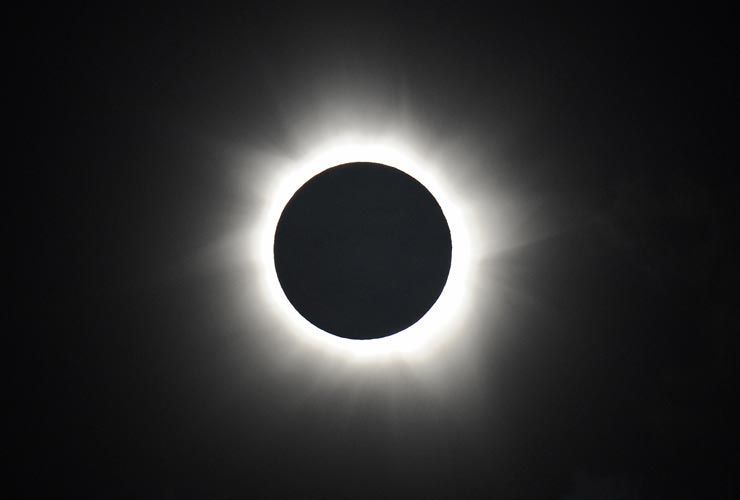Two-thirds of US millennials ‘do not know what Auschwitz was’
Survey released on Holocaust Remembrance Day suggests genocide is fading from memory

A free daily email with the biggest news stories of the day – and the best features from TheWeek.com
You are now subscribed
Your newsletter sign-up was successful
An organisation representing Holocaust survivors and their families has said it is “alarmed” by a survey which indicates that young people in the US lack “basic knowledge” about the genocide.
The survey, commissioned by the Conference on Jewish Material Claims Against Germany to mark Holocaust Remembrance Day, identified a diminishing grasp of the historical significance of the Holocaust, particularly among the younger generations.
While 11% of Americans adults interviewed said they were unaware or unsure of what the Holocaust was, that figure was double among respondents aged 18 to 34.
The Week
Escape your echo chamber. Get the facts behind the news, plus analysis from multiple perspectives.

Sign up for The Week's Free Newsletters
From our morning news briefing to a weekly Good News Newsletter, get the best of The Week delivered directly to your inbox.
From our morning news briefing to a weekly Good News Newsletter, get the best of The Week delivered directly to your inbox.
And while Auschwitz has long served as a haunting symbol of the genocide and a byword for human suffering, 66% of young people were unaware or unsure of what the death camp was, compared to 41% of the general population.
The respondents themselves seemed aware of this shift in public consciousness. Seven out of ten said fewer people seem to care about the Holocaust than in the past.
Despite an apparent fading familiarity with the specifics, Americans of all ages agreed with the importance of education about the atrocities. The vast majority - 93% - said that the Holocaust should be taught in schools.
The survey also found a robust rejection of Holocaust denial among the general public, with only 4% of respondents expressing scepticism about the genocide, in which six million Jews perished.
A free daily email with the biggest news stories of the day – and the best features from TheWeek.com
“The issue is not that people deny the Holocaust,” said Greg Schneider, the executive vice president of the Claims Conference. “The issue is just that it’s receding from memory.”
For museums and educators already contemplating how to keep the memory of the Holocaust alive in a future with no living eyewitnesses, the findings lay out the challenges ahead in stark terms, says the New York Times.
Technology could be one answer. An innovative programme at the Illinois Holocaust Museum recorded elderly survivors telling their story in front of greenscreens, transforming them into holograms which now speak to thousands of visitors at the museum.
-
 How to Get to Heaven from Belfast: a ‘highly entertaining ride’
How to Get to Heaven from Belfast: a ‘highly entertaining ride’The Week Recommends Mystery-comedy from the creator of Derry Girls should be ‘your new binge-watch’
-
 The 8 best TV shows of the 1960s
The 8 best TV shows of the 1960sThe standout shows of this decade take viewers from outer space to the Wild West
-
 Microdramas are booming
Microdramas are boomingUnder the radar Scroll to watch a whole movie
-
 ‘Whoopi Goldberg’s Holocaust comments should be considered with nuance’
‘Whoopi Goldberg’s Holocaust comments should be considered with nuance’Instant Opinion Your digest of analysis from the British and international press
-
 ‘Learning about the Holocaust is not supposed to be a comfortable experience’
‘Learning about the Holocaust is not supposed to be a comfortable experience’Instant Opinion Your digest of analysis from the British and international press
-
 Instant Opinion: The method behind John Bolton’s ‘madness’
Instant Opinion: The method behind John Bolton’s ‘madness’In Depth Your guide to the best columns and commentary on Tuesday 28 January
-
 Instant Opinion: ‘Darkness where the future should be’
Instant Opinion: ‘Darkness where the future should be’In Depth Your guide to the best columns and commentary on Friday 24 January
-
 Instant Opinion: Put the ‘spring’ back in the Arab Spring
Instant Opinion: Put the ‘spring’ back in the Arab SpringIn Depth Your guide to the best columns and commentary on Friday 17 January